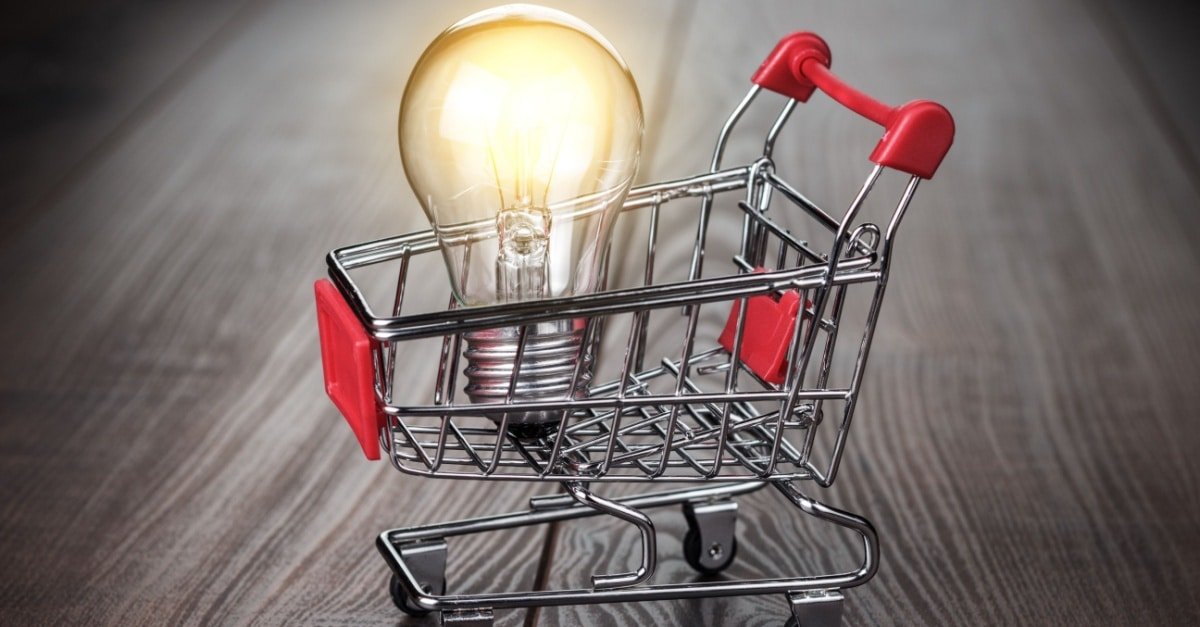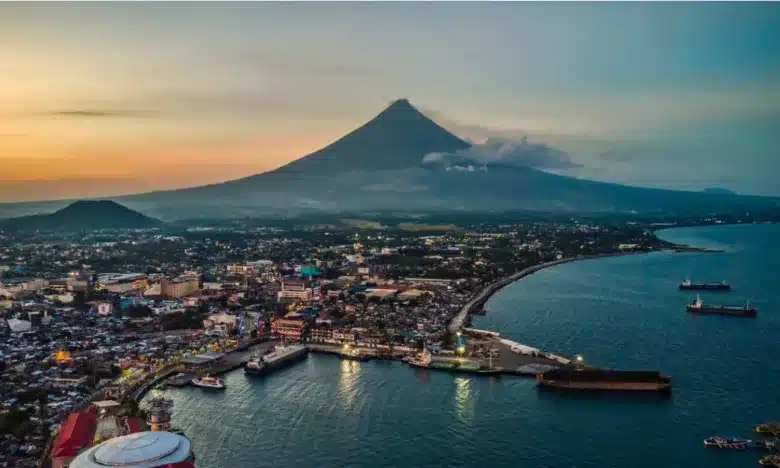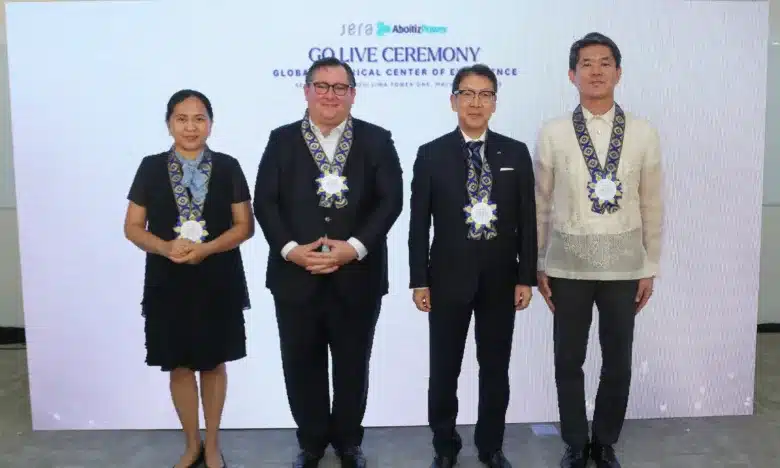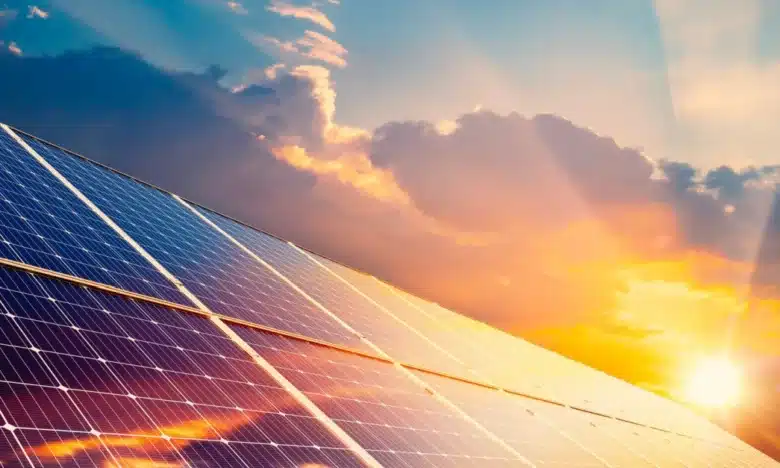
Empowering Energy: The Role of Consumer Rights
- May 8, 2025
Consumer rights can significantly impact energy services by promoting fairness, accountability, and transparency. When consumers are empowered with rights—such as access to accurate billing, the ability to switch providers, and protection from unfair disconnections—they can challenge poor service, encourage competition, and push energy companies to offer better, more sustainable options.
In his opinion piece, Nic Satur Jr., chief advocate officer of Partners for Affordable and Reliable Energy (PARE), highlighted the need to give consumers a stronger voice in energy decisions. He called on the Energy Regulatory Commission (ERC) and the Department of Energy (DOE) to formally embed public involvement in their processes to ensure openness and uphold consumer interests.
“Certifying consumer groups to represent public interests in rate-setting and policy-making will amplify their voices and foster accountability,” he wrote. “This means active participation more than public consultation.”
(Also read: Why We Should Demand Efficiency from Distribution Utilities)
Impact of consumer groups on PH energy
In recent years, several consumer groups have amplified their voices, showcasing the undeniable power of collective action. By conducting thorough research, engaging in strategic advocacy, and uniting around shared goals, some of these groups have successfully influenced policymakers and yielded benefits for consumers across the board.
Here’s a look at some of the organizations driving these changes:
-
Partners for Affordable and Reliable Energy (PARE)
This consumer advocacy group’s mission is “empowering Filipinos on consumer awareness [and] electricity policies at different levels of governance.”
Recently, PARE called for comprehensive amendments to the Electric Power Industry Reform Act (EPIRA) of 2001, arguing that the law’s current provisions have not effectively reduced electricity costs or improved service reliability.
Meanwhile, Satur cited poorly run electric cooperatives, stalled grid projects, and unexpected plant shutdowns as contributors to rising electricity costs. “Congress should impose stricter and higher penalties on underperforming companies and agencies across power generation, transmission, and utility distribution,” he declared.
Additionally, the organization advocates for reforms that mandate consumer group representation during power supply auctions. According to Satur, involving consumer representatives adds an essential layer of oversight, ensuring that bidding processes are conducted with integrity and truly serve the best interests of consumers.
Beyond policy advocacy, PARE actively engages in public campaigns to raise awareness about energy issues affecting consumers. They have called on the DOE, ERC, and power distributors to ensure uninterrupted electricity supply, especially during critical periods like elections, emphasizing the importance of stable power for democratic processes.
-
Davao Consumer Movement (DCM)
DCM describes itself on its Facebook page as “working for the welfare of consumers in the Davao Region.”
One of DCM’s most notable achievements is its advocacy for expanding Davao Light and Power Company’s (Davao Light) franchise area. Through sustained campaigns, including rallies and public statements, DCM highlighted the disparities between Davao Light’s efficient service and the challenges faced by consumers under the Northern Davao Electric Cooperative (NORDECO).
For instance, Senator Miguel Zubiri pointed out that Davao Light’s service area experienced significantly fewer brownouts and lower electricity rates than NORDECO’s.
The organization also challenged NORDECO to be transparent about its financial dealings, particularly concerning the use of cooperative funds in political activities. DCM’s efforts in this regard highlight its commitment to ensuring that consumer interests are protected from potential misuse of resources.
These efforts culminated in the passage of House Bill No. 11072, which, after lapsing into law on April 6, 2025, authorized Davao Light to extend its services to areas previously served by NORDECO. DCM welcomed this development, viewing it as a step toward improved power services and economic growth in Davao del Norte and Davao de Oro.
-
ILAW
ILAW is an energy advocacy group launched in 2024 to amplify consumer voices on electricity issues amid the Philippines’ ongoing power crisis. Spearheaded by youth leaders, it aims to provide an inclusive platform for all ages to push for accessible, affordable energy and highlight the everyday impact of unreliable power on communities.
In July 2024, ILAW released a study titled “Focus Group Discussion: Economic Impact of Blackouts on Businesses,” which revealed that businesses in key tourism areas experienced daily losses ranging from P10,000 to P30,000 due to persistent power outages.
ILAW conducted focus group discussions with hospitality and food service businesses in tourist destinations such as Island Garden City of Samal (IGACOS), Siargao Island, Cebu, and Puerto Galera. The findings stressed concerns about unreliable power supply and poor service from electric cooperatives.
The report highlighted three electric cooperatives—NORDECO, Siargao Electric Cooperative (SIARELCO), and Oriental Mindoro Electric Cooperative (ORMECO)—for notably poor performance. Local business owners repeatedly criticized these providers for extended power outages, unstable voltage, and slow or ineffective customer service.
-
Alliance of Concerned Consumers in Electricity and Social Services (ACCESS)
ACCESS was formed in Negros Occidental in 2024 to champion consumer rights and welfare, particularly in electricity and essential services. Comprising consumer groups, business and transport sectors, and homeowners’ associations, ACCESS acts as a watchdog and a bridge between consumers and distribution utilities (DUs).
The group has been actively advocating for the establishment of Energy Price Monitoring Councils (EPMCs) at both national and local levels through legislative or executive action.
These councils aim to monitor and review electricity prices to ensure they are just and reasonable, investigate complaints of price manipulation, and ensure compliance with existing laws and regulations.
ACCESS also upholds electricity as a fundamental right. It voiced strong support for Negros Power’s partnership with LGUs to deliver safe, legal electricity to informal settlers. A key step was the April 4, 2025 agreement between Negros Power and Silay City to connect over 5,000 households to reliable power.
It has also committed to working with LGUs and distribution utilities to monitor and report any attempts to disrupt or damage Negros Power’s infrastructure and operations.
(Also read: DOE Urges Meralco: Be the Very Best You Can Be)
Bottom Line
These consumer groups have increasingly played a visible role in the energy sector by raising public awareness, pushing for greater transparency, and prompting discussions on service accountability. Their efforts highlight how organized consumer advocacy can help surface critical issues, engage regulators, and open space for more participatory policymaking.
As Satur wrote, “By establishing an independent consumer representation within the regulatory framework, we can promote transparency, fair market competition, and reasonable electricity rates. After all, shouldn’t the people paying the bills have a say in how the energy sector is run?”
Sources:
https://www.bworldonline.com/the-nation/2024/07/14/608002/consumer-representation-at-local-power-auctions-pushed/
https://www.facebook.com/PAREenergy/
https://www.facebook.com/photo/?fbid=629876906719175&set=a.161462543560616
https://www.facebook.com/davaoconsumermovement/
https://mindanaotimes.com.ph/from-the-mail-davao-consumer-movement-on-senate-bill-no-2888
https://mindanaotimes.com.ph/nordeco-told-open-books-on-contributions
https://manilastandard.net/?p=314473207
https://www.panaynews.net/negros-occidental-consumers-form-alliance-for-rights-protection/
https://visayandailystar.com/consumer-group-calls-for-price-monitoring
https://www.sunstar.com.ph/bacolod/consumer-group-supports-providing-power-to-informal-settlers



